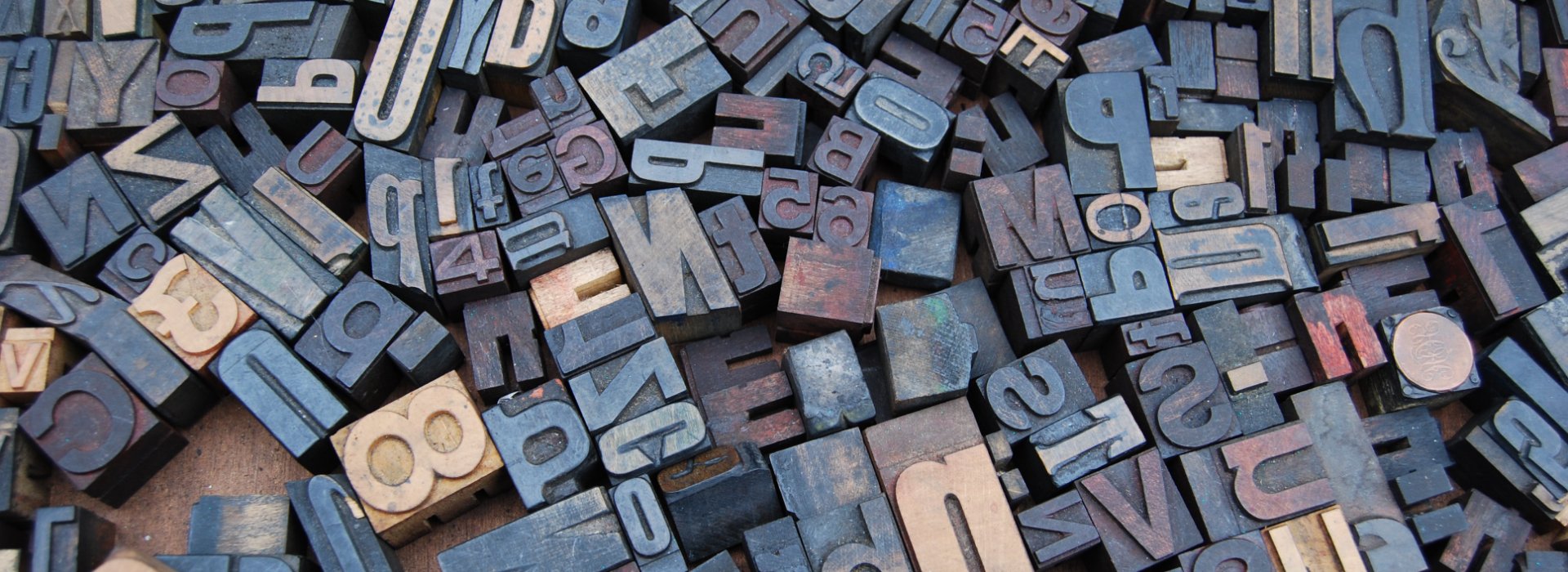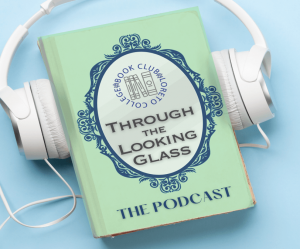Entry Requirements
Click the button to read our faculty brochure or read more about the course below:
- Six GCSEs 9-4 (or A*-C)
- Two from English, Maths OR Science
- Two at least grade 6
Course specific requirements: Students need a minimum of a grade 5 in either GCSE English Language or GCSE English Literature.

- Are you captivated by the beauty of literature and intrigued by the complexities of language?
- Are you excited about the prospect of honing your skills in both critical analysis and creative expression?
A Level English Language and Literature offers the chance to study a wide range of texts, both literature and journalism, while producing your own creative writing in a particular style. A Level students will all study A Streetcar Named Desire along with either Bram Stoker’s Dracula and Christina Rossetti’s Goblin Market, or Fitzgerald’s The Great Gatsby and Philip Larkin’s The Whitsun Weddings. All of this will be taught alongside an anthology of wide-reaching and diverse non- fiction texts
Exam board: PEARSON
Components
Component 1: Voices in Speech and Writing
Percentage of total marks: 40%
Method of assessment: Written Exam 2hours 30 minutes
You will study an anthology of non-fiction texts and the play A Streetcar Named Desire.
Component 2: Varieties in Language & Literature
Percentage of total marks: 40%
Method of assessment: Written Exam 2hours 30 minutes
You will study Bram Stoker’s Dracula, Christina Rossetti’s poetry and unseen texts.
Component 3: Investigating and Creating Texts
Percentage of total marks: 20%
Method of assessment: NEA Coursework
You will produce two creative writing pieces: one fiction and one non fiction and write an analytical commentary.
Skills
You will develop your analytical and creative skills. You will become an expert on understanding a writer’s voice and style of writing. Essay writing and creative writing skills will be developed to a high level.
“A combined English course allows me to do both things that I love, Creative Writing and reading; it’s the perfect mix of both with extra helpful bits of grammar mixed in!”
Click here to listen to our students on the University of Salford’s National College Podcast
Careers / destinations
Our students go on to pursue careers in Law, the Creative Arts, Journalism, Copy-Writing, Marketing, Public Relations, Events, Politics, Civil Service, Publishing, Counselling, Teaching, and Speech and Language Therapy. Strong mastery of language and communication is also extremely helpful for careers in Management and Training.

Click here to listen to our fantastic book club students in their podcast
English Department
What is the difference between A level English Language and A level English Literature?
The two courses are entirely different. In Literature, you will study a range of genres – novels, poetry and drama – and will also be required to analyse unseen texts. In Language, students will study a wider range of texts – both fiction and non-fiction. They will also study spoken language in action – for example how children acquire language, political discourse and everyday conversations.
What are the topics you study on the English Language A level?
There are a variety of topics covered on the A level including, Language and Power, Child Language Acquisition, Standard and Non-Standard English and Language and Gender. We study texts from Early Modern English (1600-1800) up to English in the 21st Century mainly focusing on language use and changes that have occurred post-2000. For the coursework component, you may choose an area of the course in which they want to specialise for their investigation.
What does the combined A level in Language and Literature entail?
You study literature: A Streetcar Named Desire (Tennessee Williams), Dracula (Bram Stoker) and The Whitsun Weddings (Philip Larkin) Also An anthology of non-fiction texts which includes newspaper articles and opinion columns, famous speeches, and transcripts of TV interviews e.g. there is one with former President Obama. Coursework: you will write a piece of fiction and non-fiction e.g. a dystopian short story and an article on a subject of your choice.
What are the set texts for A level English Literature?
Drama: A Streetcar Named Desire, (Tennessee Williams) The Duchess of Malfi (John Webster) and either King Lear or The Tempest (Shakespeare)
Poetry: The Whitsun Weddings by Philip Larkin, and Meantime by Carol Ann Duffy and The Merchant’s Tale by Geoffrey Chaucer Coursework is a comparative essay on two novels. This year they are A Room with a View and either The Reluctant Fundamentalist (Mohsin Hamid) or Girl Meets Boy (Ali Smith)
How are the 3 A levels assessed?
Both Literature and Language have 3 exams at the end of the 2- year courses. They are worth a total of 80% of the marks. Each A level also has a coursework component worth 20% of the course.
Is there coursework for the English A Levels?
Yes, each A Level has a coursework component, which is introduced
in the first year.
Does the combined A level count as 1 subject?
Yes. It would be 1 of the 3 subjects you would choose to study at Loreto.
Are English A levels well-regarded by universities?
Yes! All three A levels in English help you develop your spoken and written communication skills. They involve analysis, research and independence. These are essential preparation for undergraduate study and they also combine well with a whole variety of other subjects.
I want to be a journalist. Which English A level would be best for me?
Any of the English A levels will give you the confidence in written and spoken expression and a wide cultural knowledge.
I want to be a lawyer. Which English A level should I choose?
English Literature is typically regarded as the best option here.
I really like creative writing. Which of the 3 A levels should I choose?
There are opportunities for creative writing in both English Language and the combined A level throughout the two years. Even if you do not choose to study English you can opt into a creative writing enrichment class which is one period a week and completed alongside your other subjects. Check out our Manchester Muse blog for some examples of the work that these students have produced.
